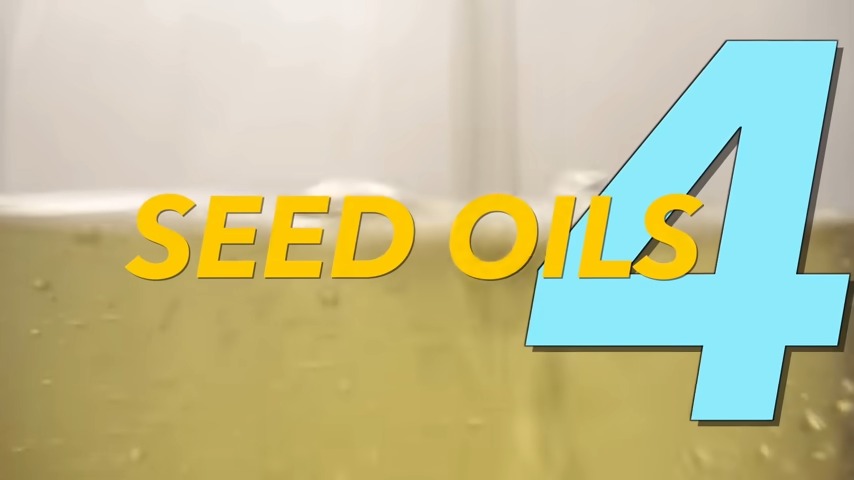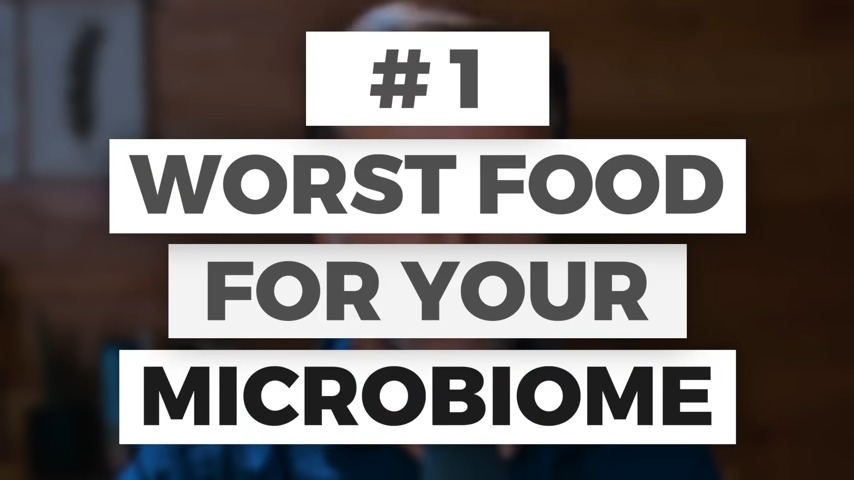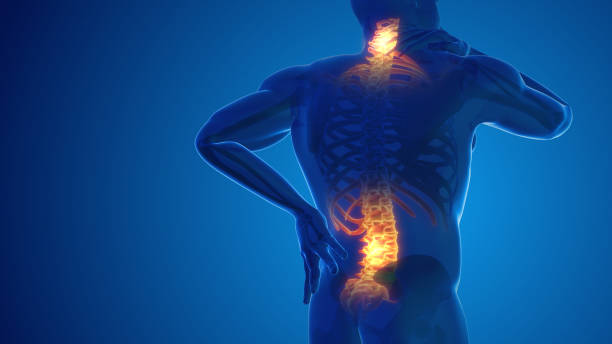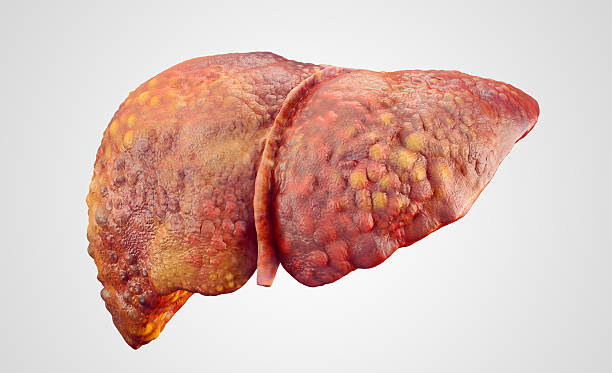Today we’re going to talk about the number one worst food for your microbiome. 80% of your immune system involves the microbiome and without these microbes you cannot live. They make vitamins, they make neurotransmitters that allow the brain to work correctly. There’s a huge influence between the microbiome and your emotional state, and it also is important for your immune system. You also have a thin lining of cells that act as a barrier between the inside of the body and the inside of your colon. If any food or microbes get through that barrier, then you start having an immune reaction. You can start developing allergies, autoimmune diseases, and other conditions, especially on your skin.
Signs of a Problem with Your Microbiome
One big way that someone knows they have a problem with the microbiome is they get bloating and diarrhea.

I’m going to give you some solutions if you have any problem with the microbiome, but let me first cover the seven worst things that you can be exposed to or consume that end up destroying your microbiome. The seventh one is the worst.
Number One: Industrial Fibers
Industrial fibers are made in some type of lab and are now advertised as functional fibers, like they’re good for your body, when in fact, they’re not very good for your body. One would be the byproduct from the lumber industry, which someone had this crazy idea to turn sawdust into this one fiber called cellulose. When you see the word cellulose, that is usually sawdust, and it’s in a lot of foods too. The thing about cellulose is that we can’t digest it, and even our gut microbes cannot digest it. Some other fibers include things like corn fiber or tapioca fiber.
Problems with Industrial Fibers
These fibers support pathogenic microbes that cause more degradation of that mucus layer because you’re basically feeding the bad microbes that end up eating that mucus layer. This alters the microbiome and eventually creates leaky gut.
- Read More: Debunking the Cruciferous Vegetable and Thyroid Myth 2024
- Understanding and Addressing Heartburn Indigestion, and GERD
- Understanding Inconsistent Sharp Abdominal Pain, it’s Causes and Treatment
- Understanding Optic Atrophy, it’s Causes, Symptoms, and Treatment
- 8 Gym Machines That Could Be Harming Your Progress
- Things Nobody Tells You about Lower Belly Fat | Proven Tips for Fat Loss 2024
- How to Start Exercising: Essential Tips for Beginners
- How to Enhance Your Personality and Confidence through Exercise 2022
- Benefits of Exercise: Six Key Advantages You Need to Know 2024
Number Two: Emulsifiers
An emulsifier is something that helps mix two things together, giving that food a certain texture, which is important for selling ultra-processed foods.

One common emulsifier is maltodextrin, a type of carbohydrate that really spikes your blood sugars more than sugar. Other emulsifiers include xanthan gum and monoglycerides, often found in products like Pringles.
Problems with Emulsifiers
Emulsifiers disrupt the microbiome in your gut, potentially leading to inflammation, disrupt the gut wall, and leaky gut, and alter the diversity of microbes, increasing the risk of metabolic syndrome, pre-diabetes, and insulin resistance.
Number Three: Specific Types of Proteins
Proteins like gluten in wheat, casein in milk, and soy protein isolates are industrial proteins that create a lot of gut inflammation.

Many people are allergic to gluten, casein, and soy. Soy is high in phytates, which inhibit enzymes, causing problems not just in your colon but also potentially on your skin.
Number Four: Seed Oils
Seed oils are highly inflammatory and can create inflammation in your gut, eventually leading to leaky gut.

This allows certain pathogens and foods to invade the body, causing an immune reaction and potential allergies or autoimmune issues. I used to consume a lot of seed oils, causing constant bloating and abdominal pain, which was due to my diet.
Number Five: Refined Sugars and Starches
Refined sugars, high fructose corn syrup, and refined starches, like maltodextrin and modified food starch, create rapid fermentation in the gut.

This rapid fermentation causes gas, bloating, and an increase in the number of pathogens. When you eat refined sugar, you feed the bad microbes and starve the good ones.
Number Six: Sugar Alcohols
Sugar alcohols are found in so-called keto-friendly bars and drinks. While these sweeteners are supposed to not raise your blood sugar, some, like maltitol, do.

Sugar alcohols can cause a lot of bloating and raise your blood sugars. A better sugar alcohol would be erythritol combined with monk fruit or stevia.
Number Seven: Artificial Sweeteners
Artificial sweeteners like aspartame and sucralose have been used by millions for years.

These sweeteners can change friendly or neutral microbes into unfriendly, pathogenic ones. This creates an immune reaction and decreases fermentation, which reduces food for your colon cells, causing a huge shift in your gut microbiome.
Other Factors Affecting Your Microbiome
Other things that greatly destroy your microbiome include alcohol, antibiotics, chlorine in water, and the herbicide glyphosate. Research often misattributes problems to red meat and saturated fats, but the studies are usually based on rat studies using corn oil, not healthy saturated fats. Healthy saturated fats from grass-fed meat do not have negative effects on the gut; in fact, they may help heal it.
Solutions for Improving Your Gut Microbiome
If you have a problem with your gut microbiome, start taking probiotics regularly. If things worsen, it could mean severe inflammation in your gut, which might benefit from the carnivore diet to heal your gut. This diet eliminates many irritants, helping to reduce inflammation and improve gut health.
For traveling Tips And tricks, Click here








